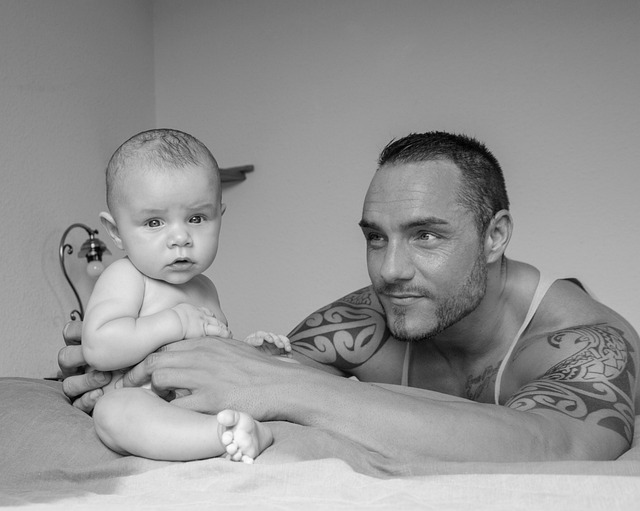Oregon's child welfare system operates within a robust legal framework, with Oregon family law providing interventions like protective orders, foster care, and adoption while preserving family unity. Legal advocates play a vital role, navigating complex systems, upholding rights, and advocating for children's best interests under Oregon family law. These professionals ensure access to justice, empower families, and foster positive outcomes in the state's family court system. Navigating these cases demands specialized skills, open communication, and staying updated on Oregon family law amendments.
In Oregon, child welfare cases demand meticulous attention to detail and a deep understanding of state laws. This article delves into the critical role legal advocates play in these proceedings, exploring Oregon’s unique family law landscape. We examine strategies for navigating complexities, ensuring the best outcomes for children involved. By understanding the intricate web of Oregon family law, advocates can effectively represent vulnerable youth, fostering a safer and more stable future for them.
- Understanding Child Welfare Law in Oregon
- Role of Legal Advocates in Oregon Family Cases
- Navigating Complexities: Strategies for Success
Understanding Child Welfare Law in Oregon

Child welfare cases in Oregon are governed by a comprehensive legal framework designed to protect and nurture vulnerable children. Understanding Oregon’s family law, specifically regarding child welfare, is crucial for advocates and parents alike. The state has established guidelines and procedures to ensure the safety and well-being of minors, with a focus on keeping families together when possible and providing alternative placements when necessary.
Oregon family law recognizes various forms of child welfare interventions, including protective orders, foster care placement, and adoption. Legal advocates play a vital role in navigating these complex systems, ensuring that the rights of both children and parents are upheld while prioritizing the child’s best interests. Key aspects of Oregon’s approach include comprehensive support services, regular court reviews, and a commitment to finding permanent homes for children in need.
Role of Legal Advocates in Oregon Family Cases

In Oregon, legal advocates play a pivotal role in family cases, especially those involving child welfare. These professionals are essential in ensuring that all parties, particularly children and their families, have access to justice and protection under Oregon family law. Legal advocates provide crucial support by offering free or low-cost legal representation to vulnerable individuals who may not otherwise afford it. They navigate the complex legal system, advocating for the best interests of children while also respecting the rights of parents or guardians.
Through their expertise in Oregon family law, these advocates help families understand their options, make informed decisions, and navigate the often emotional and challenging process of child welfare cases. By providing legal guidance, they empower families to protect their rights and work towards positive outcomes for all involved, ultimately fostering a safer and more stable environment for children within the state’s family court system.
Navigating Complexities: Strategies for Success

Navigating the complexities of child welfare cases requires a unique blend of legal expertise and empathy. In Oregon, where the focus is heavily on family law, advocates must be well-versed in state regulations and judicial procedures specific to these sensitive matters. One successful strategy involves building strong relationships with all stakeholders—social workers, judges, and most importantly, the children and their families. Open communication ensures a holistic understanding of each case’s unique challenges.
Additionally, staying updated on recent Oregon family law amendments is vital. These changes can significantly impact case outcomes, so advocates must be proactive in researching and applying relevant legislation to support their clients’ best interests. This meticulous approach, combined with an unwavering commitment to justice, enhances the chances of successful representations in child welfare cases.






